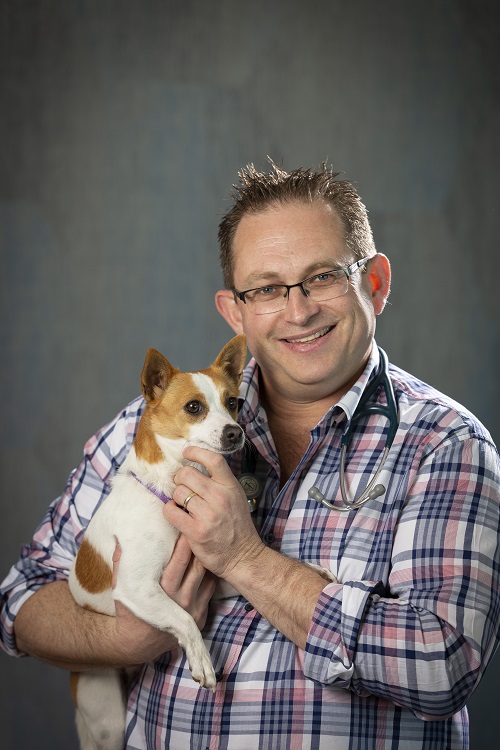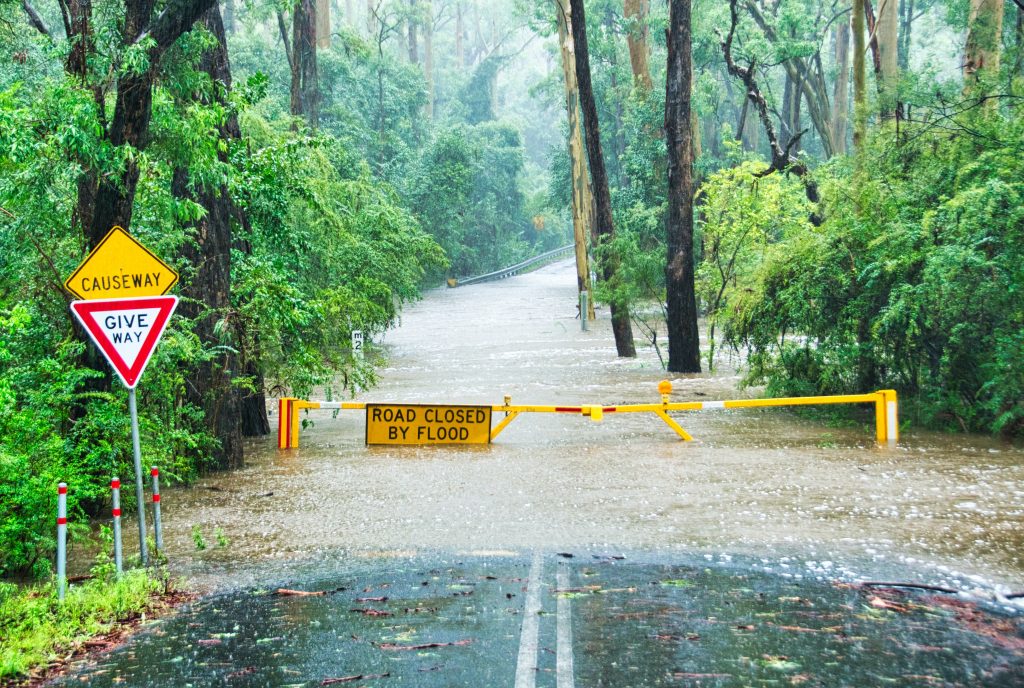February/March 2022 – Torrential rain has caused major flooding in South East Queensland and areas of Northern NSW.
We hope you and your pets are staying safe during this time.
As a result of the floods, heavy rain and difficulty of team member travel, the below clinic locations are temporarily closed until further notice -
Brisbane
- Toombul
If your pet needs veterinary care at this time, please note:
• You can speak with a Greencross WebVet anywhere, anytime. They will assess your pet via video call, take notes of your pet’s condition and share the advice provided with your regular vet, ensuring continuity of care. WebVet is free for Healthy Pets Plus members. Learn more.
• You can visit any Greencross Vets location and your pet’s records will be on file, however please only travel if it is safe to do so and call ahead to confirm availability. Find a vet.
• We have emergency animal hospitals across the country. For a list of our partner hospitals, see here.
We again hope you are staying safe and look forward to welcoming you back in clinic soon.
The team at Greencross Vets

 Greencross Vets
Greencross Vets 



